23 things to look out for when viewing a property in Thailand
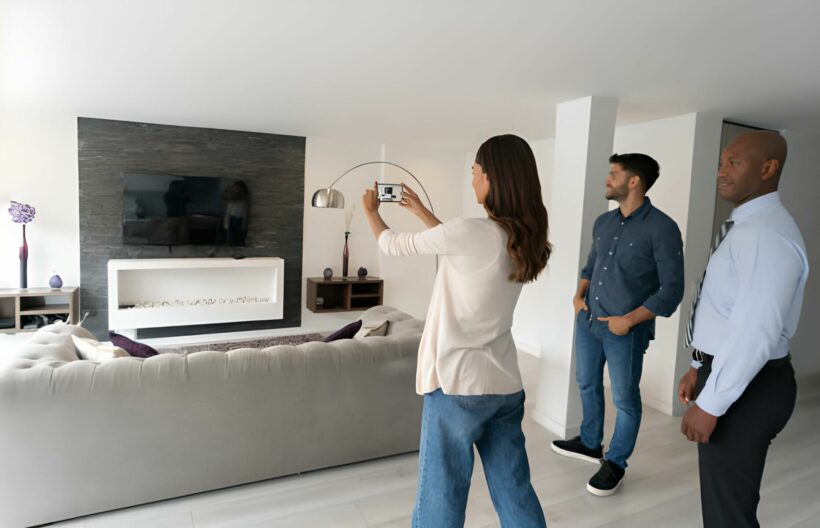
Buying property in Thailand is an exciting thing to do. However, in your enthusiasm to sign a purchase agreement, it’s easy to overlook some important factors that might make your life in Thailand either a pleasant or a painful experience. Therefore, it’s important to take a step back to examine the property thoroughly and confirm that everything is as it appears. Here are 20 things you need to look out for!
1. Is the building structurally sound?
Most builders in Thailand use footings with concrete pillars since they’re required by law to use pillar and beam foundations supported by steel rebar. Therefore, a good foundation and ring beam are important to prevent the building from shifting or moving too much. Look out for cracks to ensure the building is structurally safe. Any large cracks across walls, near the corners of walls, or where extensions join signals that the building may be falling apart.
2. Are the rooms big enough for you?
Some buildings in Thailand might be marketed to sound bigger than they actually are. Sneaky sellers might put smaller furniture to make the room look bigger, but don’t fall for this! It’s okay to take a tape measure to check and ensure that you can fit your existing furniture into the room.
3. Can you see the foundation pillars?
The foundation pillars within the walls shouldn’t be visible. Exposed pillars are a sign that the builder used cheap building materials. Aside from looking unsightly, foundation pillars that jut out from the walls can take up space.
4. What type of building blocks were used?
Concrete block and Superblock are the most common building material, and the walls should be around 18 cm thick. Walls less than 18 cm thick will cause the property to absorb more heat, which can be a big problem in Thailand’s weather.
5. Do you smell sewer from the bathroom?
Not all plumbers in Thailand install P-traps in the bathrooms and sinks to trap sewer gases from entering the buildings. So always ask if the building uses P-trap style drains if you don’t want to get sewer smells. In addition, you should also ask how many septic tanks there are and how greywater is dealt with. A great quality building should separate greywater and sewage.
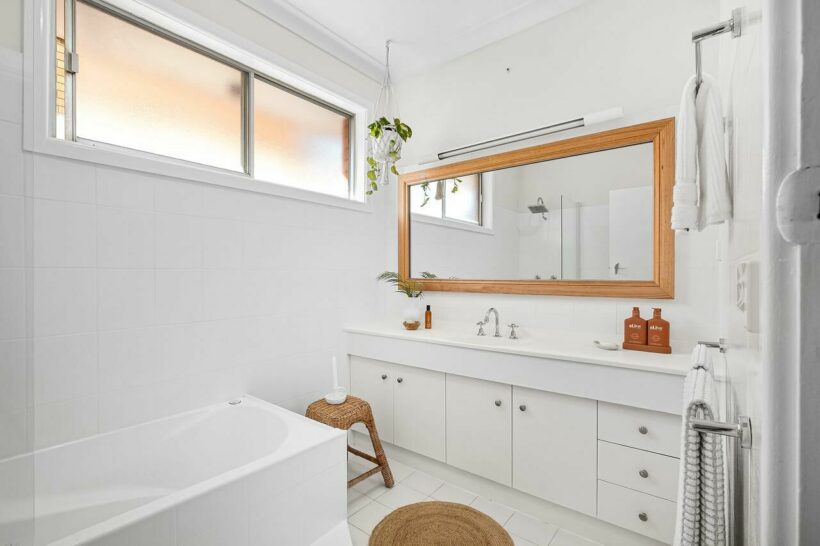
6. Is the plumbing up to scratch?
Run the taps and flush the toilet to check the water pressure. Ensure the cupboards under sinks are dry. Ask if the pipes are insulated. Check if there are any water heaters and what type is installed. Central water heaters are often better than electric ones.
7. Does the building have backup water storage? How much?
Houses in Thailand generally have 2,000 to 4,000 litres of backup water storage. However, this may not be enough for families. The safest amount would be around 12,000+ litre of water storage.
8. Are the electrical wiring and lighting up to standards?
Check if there are any exposed electrical wires. At the very least, all electrical wiring should be tied together with wire nuts. To check if all electrical work, flick light switches and plug sockets on and off. Furthermore, buy an electronic polarity checker to test for correct polarity. There shouldn’t be any crossed polarity, especially in bathrooms and the kitchen, as it can be dangerous.
9. How secure is the property?
Be sure to assess how secure the property is. The walls shouldn’t contain footholds for climbing, and it’s better if the front area isn’t open and seen by passersby. In addition, fire alarms and 24/7 CCTV surveillance cameras are essential to maintain safety. Many new condo developments in Thailand are now equipped with access key cards and digital door lock security.
10. Is there a proper parking space?
Parking may be difficult to come by in densely crowded cities such as Bangkok; nevertheless, if the property does have designated parking, make sure to inspect the space and check that your vehicle will fit in the designated area.
11. Does the roof have eaves and overhangs?
Remember that Thailand is a tropical country, so taking advantage of natural breezes, shade, and other solar blocking mechanisms like eaves and overhangs is important. The longer the eaves, the more shade the house will get. Thus, your house will remain cooler during the day. In Thailand, a good quality house and villa is usually built with around 1 to 1.5-metre eaves. However, the standard is around half a metre.
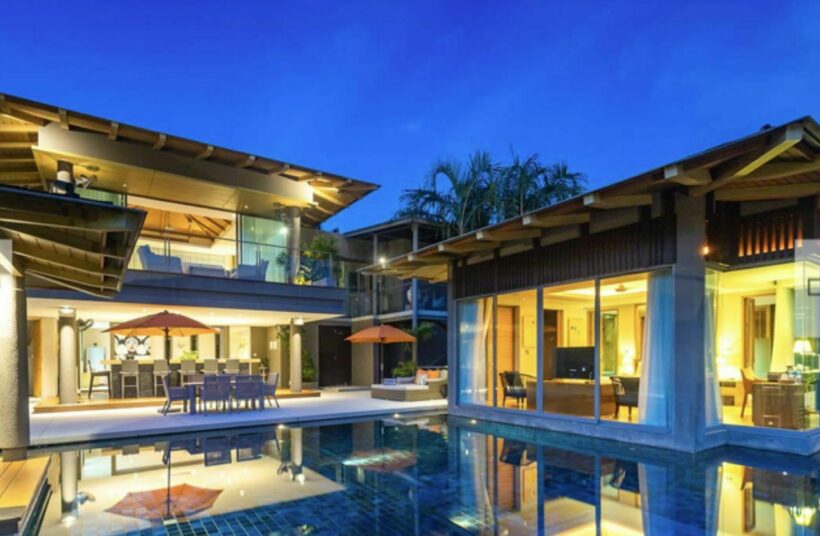
12. Does the property have cladding around it?
Cladding is usually used from the ground level to around 1 metre high. The most common protective materials are stone, tiles, and a combination of the two. Cladding protects the property paint from peeling and keeps it looking nice for a long time.
13. Are the windows in great condition?
Test the windows. Open and close them to find out if they lock properly. Also, find out if the frames are cracked and rotting since they show that the house isn’t very well-kept. Check if there’s condensation as well.
14. Are the floor tiles in good condition?
Tiles that make a hollow sound when stepped on or start to pop loose indicate a poor quality tiling job. In addition, they can signal moisture issues under the floor. If you’re not sure, bring a licensed contractor to check the floor.
15. Do you get a good data connection and signal?
This may not sound important, but in this modern age, mobile signals do matter. Therefore, take out your mobile phone to check if you get a good data connection and signal while looking around the property.
16. Which way does the property face?
Check which way the house or the condo unit is facing. Generally, properties that face the north are great if you want a cool house all year round. South-facing houses are great for those who like natural winds. Houses that face east get lots of soft sunlight in the morning. On the other hand, west-facing houses receive the afternoon sun.
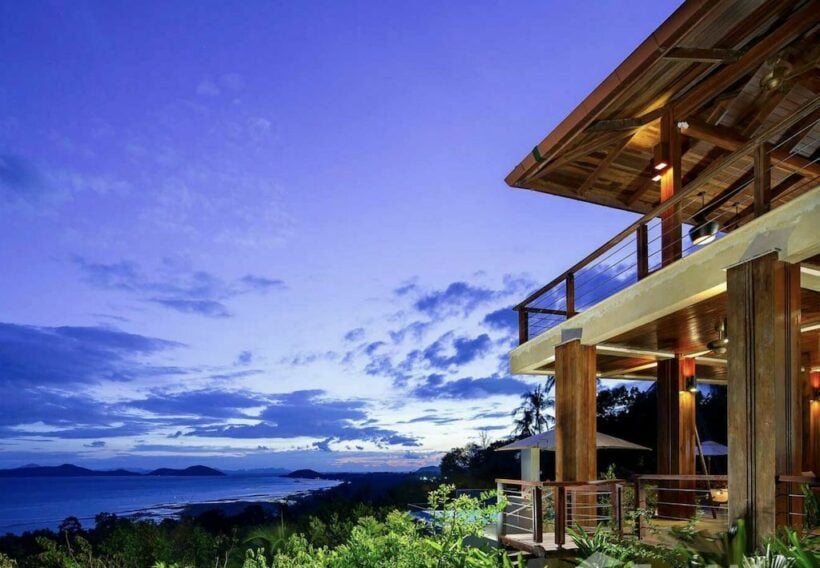
17. Do you like the neighbourhood?
Are there any good schools, transport links, green spaces, and hospitals nearby? Are crime rates high? Can you find restaurants and shops nearby? Are you on a flight path? Are the neighbours noisy? Is there high traffic in the area? Make sure the answers suit your lifestyle needs.
18. Does the property have rain gutters?
Rain gutters, or other reliable ways to direct runoff from the roof away from the property, should be present in good quality properties. High-quality properties in Thailand may collect rainwater and store it in water tanks for later use.
19. Have you been fooled by staging?
Don’t be blinded by the decoration and furnishings when viewing a show unit. Sellers use many tricks to make the property more appealing, such as strategic lighting, high-end furnishings, and beautiful decorations. Without them, the property might not actually be up to your standards. So, before you picture your whole life in the property, be sure you fully understand what furniture and fittings you’ll be getting.
20. Are there baseboards inside the property?
Baseboards around the base of interior walls most often indicate a high-quality property. They conceal flaws between the wall and floor, protect wall paint from becoming dirty when you mop floors, and give the house a more beautiful and finished appearance.
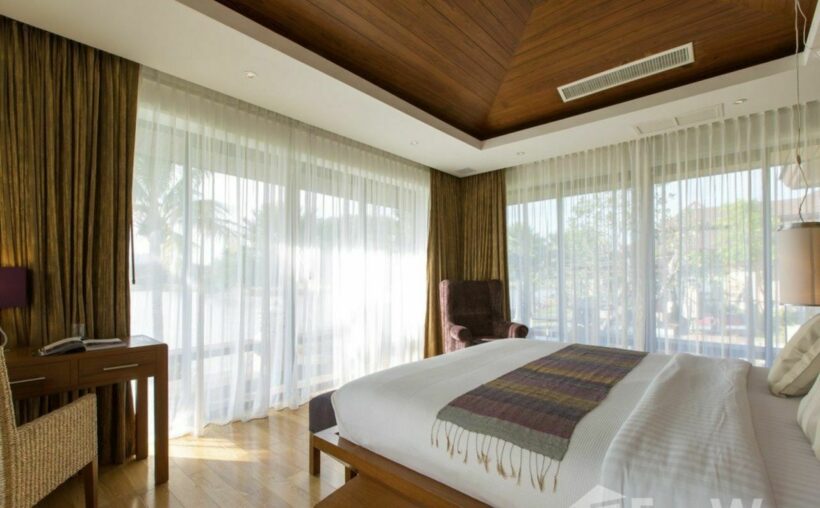
21. What are the common area fees
Some housing projects charge very low common area fees (or none at all), while others charge very high rates. Make sure to inquire about common area fees and what services are offered. Also, find out whether there is a sinking fund.
22. How old is the development?
Find out how old the development is and if there are any empty plots. You might want to avoid developments that are more than several years old and have many empty plots, especially if you’re buying the property for investment.
23. Where is the nearest fire escape?
If you’re viewing an apartment or condo, it is crucial to check where is the nearest fire escape. You’ll want to know how to get out quickly in the event of a fire. People living in an apartment building must plan ahead and be prepared in the event of a fire.
Buying a property is often the largest investment most people will ever make. So always be sure you look out for the 20 things above to protect yourself. No one wants to end up with a property they wish they hadn’t purchased! If you need property advice, be sure to visit Thaiger Property.
Latest Thailand News
Follow The Thaiger on Google News:


























